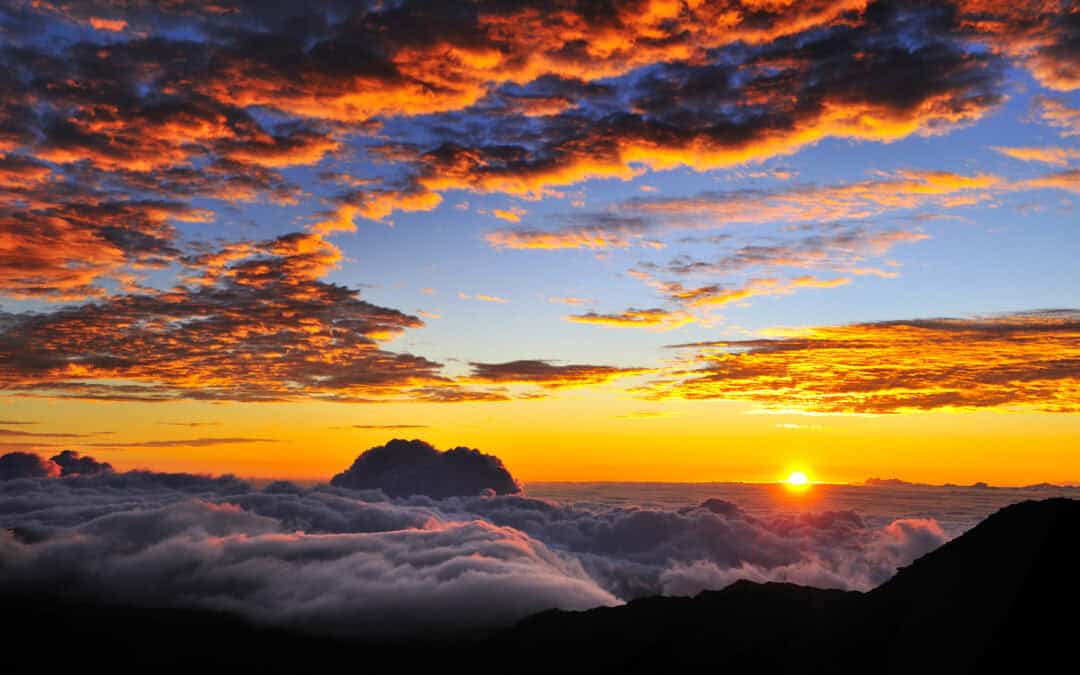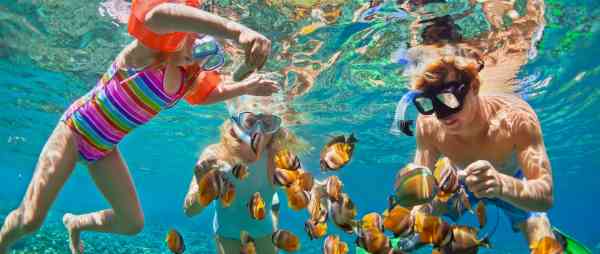Hawaii has much more than just scenic beaches and palm trees. Its rich, multicultural heritage gives birth to a tapestry of unique celebrations beyond the typical national holidays. For travelers seeking an authentic cultural experience or for event planners looking to infuse their gatherings with a touch of aloha, understanding and participating in these manifestations is not just a choice but a privileged opportunity. From lei-making traditions to prestigious hula competitions, here’s a compendium of Hawaii’s distinctive celebrations that you won’t find on a standard calendar.
State Holidays
Celebrating Prince Jonah Kuhio Kalanianaole Day
Celebrating Prince Jonah Kuhio Kalanianaole Day Each year on March 26th, Hawaii honors Prince Jonah Kuhio Kalanianaole with a celebratory day dedicated to his remarkable legacy.
A Champion for Hawaii
Prince Kuhio is revered as a champion for Native Hawaiian rights and a tireless advocate for the preservation of their culture and land.
A Day of Reflection & Celebration
This day serves as a time for reflection on Prince Kuhio’s significant contributions. Vibrant parades, cultural demonstrations, and educational programs fill the islands, showcasing Hawaiian heritage and the prince’s achievements. Schools and government offices actively participate, hosting performances and workshops that deepen the understanding of Hawaiian history and culture.
King Kamehameha I Day: Celebrating a Unifying Legacy
King Kamehameha I Day, celebrated on June 11th, honors the legacy of King Kamehameha I, the revered founder of the Kingdom of Hawaii. This day transcends a mere celebration; it’s a powerful reminder of Hawaiian unity and strength achieved under his reign.
A Day Steeped in Tradition
The day comes alive with vibrant cultural demonstrations. Grand processions, reminiscent of the Hawaiian monarchy’s era, pay homage to the king. The solemn laying of lei on King Kamehameha I’s statue signifies deep respect and remembrance. Traditional hula and folkloric performances captivate audiences, transporting participants and observers back in time to experience the rich tapestry of Hawaiian history and traditions.
Admissions Day
Anniversary of Hawaii’s Statehood
This is a momentous occasion celebrating Hawaii’s incorporation into the United States. Occurring on the third Friday of August, this day is a reminder of Hawaii’s status and its ongoing relationship with the US.
Observance and Festivities
An array of events, including concerts, beach cleanups, and talks on the socio-political landscape, provides a lens into the complex issues of independence versus statehood. It’s a time for Hawaiians to celebrate their unique identity while recognizing their part in the American story.
II. Unofficial Hawaii Holidays
May Day (Lei Day)
Cultural Significance
Lei Day, on May 1st, is not just about pretty flower garlands. It’s a celebration of the Hawaiian spirit, seen in the giving and receiving of leis as symbols of affection and respect.
Lei-Making Traditions
On Lei Day, communities host lei-making competitions and workshops, turning the island into a colorful garden. The lei contest is an intricate display of flora and creativity, where local artisans and hobbyists alike showcase their most exquisite designs.
Boy’s Day & Girl’s Day
Traditional Customs and Celebrations
During these separate days in March and May, families across the islands celebrate the well-being and character development of their children. Carp kites and Japanese dolls are displayed as symbols of hope and encouragement for the young ones.
Aloha Festivals
Multi-Island Cultural Celebration
Held across several islands, the Aloha Festivals are a highlight for anyone keen to explore the different regional traditions of Hawaii. The festivities, typically spanning from September to October, include parades, music, and arts that reflect the islands’ customs.
Activities and Events
Each island offers unique events. On Oahu, a touch-football game with the mayor kicks off the festivities, while on the Big Island, a traditional royal court is established. Attendees can also partake in a range of cultural experiences, such as Kalua pig tastings and voyaging canoe exhibits.
Merrie Monarch Festival
Prestigious Hula Competition
Held in Hilo, the Merrie Monarch Festival is the Olympics of hula, honoring King David Kalakaua, who as a patron of the arts revived hula and other cultural practices that were once banned. The competition, which usually takes place in April, draws hula halau (groups) from all over the world.
Cultural Demonstrations and Festivities
The festival is more than a competition; it’s a gathering that engulfs the island in the spirit of the dances. Workshops, craft fairs, and exhibitions of traditional hula serve to educate and entertain, creating an immersive experience for all those involved.
III. Other Celebrations
Chinese New Year
Hawaiian Observance of the Lunar New Year
The Lunar New Year, celebrated from late January to mid-February, is marked by vibrant displays, performances, and feasts that mirror the festivities in China but with a distinct Hawaiian twist.
Festivities and Traditions
Firecrackers, lion dances, and lantern festivals are just some of the highlights. With a significant Chinese population, Hawaii’s celebrations are well-attended and offer a great opportunity for visitors and locals to engage in cross-cultural exchanges.
Discoverers’ Day
Distinction from Columbus Day
In contrast to the mainland’s Columbus Day, Hawaii celebrates the discoverers of the islands on the second Monday of October without controversial historical baggage.
Celebration of Exploration and Discovery
This is a day to honor and appreciate the Polynesian navigators who first arrived on the Hawaiian shores, marking the ancestors’ incredible, seafaring achievements. Educational events and storytelling sessions are held to recount their epic voyages.
Conclusion
Hawaii’s calendar is brimming with events that offer a deeper look into the islands’ diverse tapestry of cultures. From national holidays that commemorate its kings and leaders to traditional observances deeply rooted in the local populace, each celebration is an opportunity to learn and engage with the aloha that defines Hawaii.
For travelers and event planners, these unique festivities present a chance to schedule a memorable visit that transcends the typical tourist experience. These celebrations are a testament to the living, breathing culture that makes Hawaii so special.


